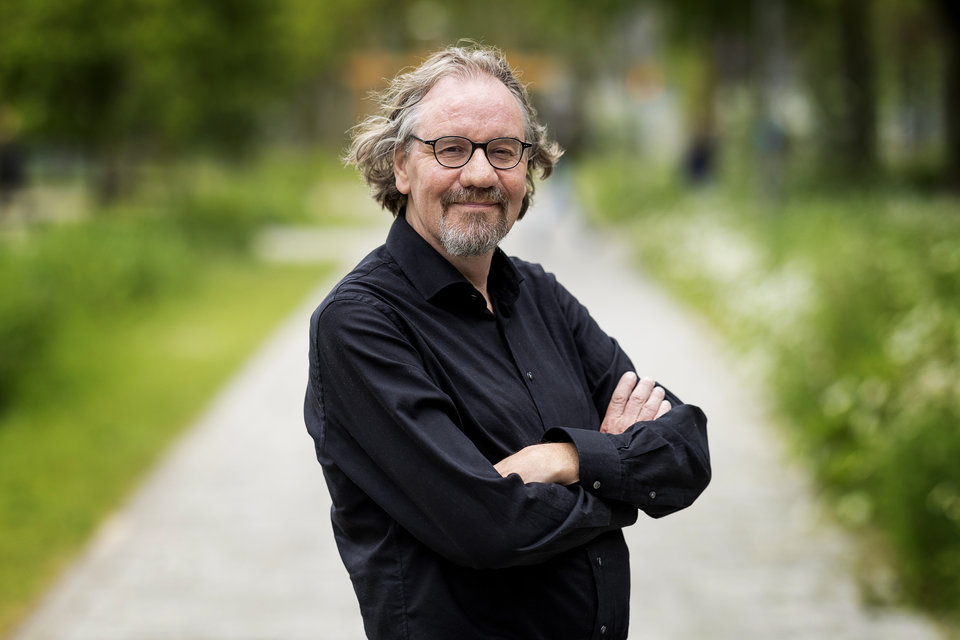Matching railway services to varying demand
Passenger demand fluctuates over the day and even over the week: not all days have the same demand. Due to the COVID-19 pandemic, these differences are even more pronounced as more people work (partly) from home. Nevertheless, many European countries, including the Netherlands, use cyclic timetables with regular interval services throughout the day. These timetables are usually based on the peak hour demand, and therefore not tailored for other periods. This results in a mismatch between the supply and the demand outside of the peak hours: passengers who travel outside the peak hours usually have different travel motives and hence destinations. This mismatch is unfavourable for the passengers, since the railway services don’t match their demand. However, it is also unfavourable for the railway undertaking as it is expensive to operate more trains than needed. Therefore, multiple stakeholders may benefit from a better match between supply and demand.
The goal of this project is to develop mathematical models and solution methods to help design train line plans and timetables that better match the varying demand throughout the day and week. First, we analyse the existing demand patterns, to get a clear picture of how the demand is varying throughout the day and week. We then develop a model that creates line plan variations for homogeneous periods with a (partially) different demand. Lastly, we work on a model that constructs a timetable for such a multi-period line plan. Since designing line plans and timetables are already difficult problems to solve without considering varying demand, we have to develop new solution techniques and heuristics to solve these problems.
The models and algorithms developed will contribute to better matching the railway services to the passenger demand. When this supply and demand are matched, the passengers will have a better travel experience with faster trips and less transfers. Furthermore, the railway undertaking can save money on energy, rolling stock, and personnel.
For this project, members of the Smart Public Transport Lab (TU Delft) and the Digital Rail Traffic Lab (TU Delft) will be working in close cooperation with the Netherlands Railways (NS). NS is the largest passenger railway undertaking in the Netherlands. The project runs from 2021 to 2025.
Staff members involved



